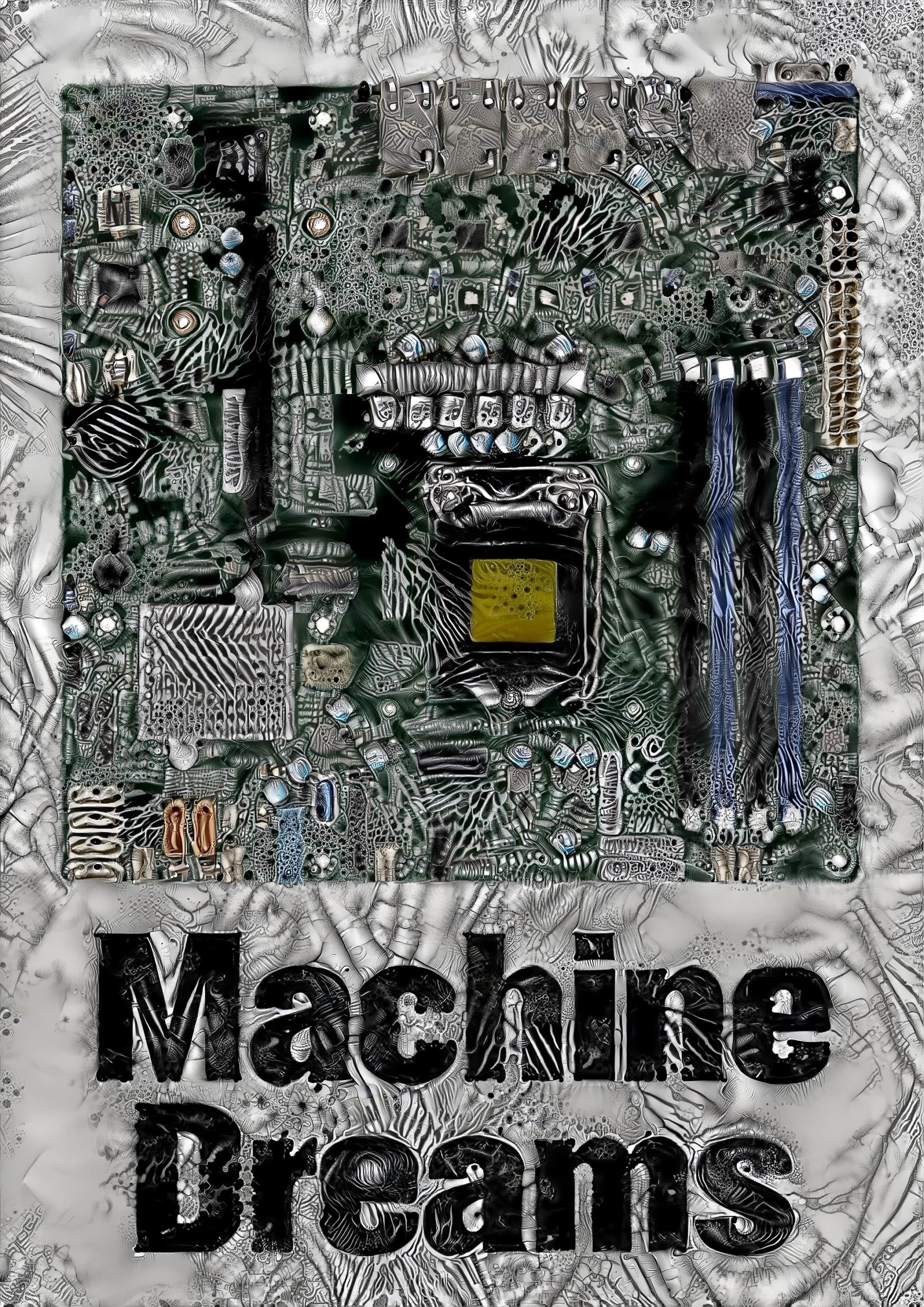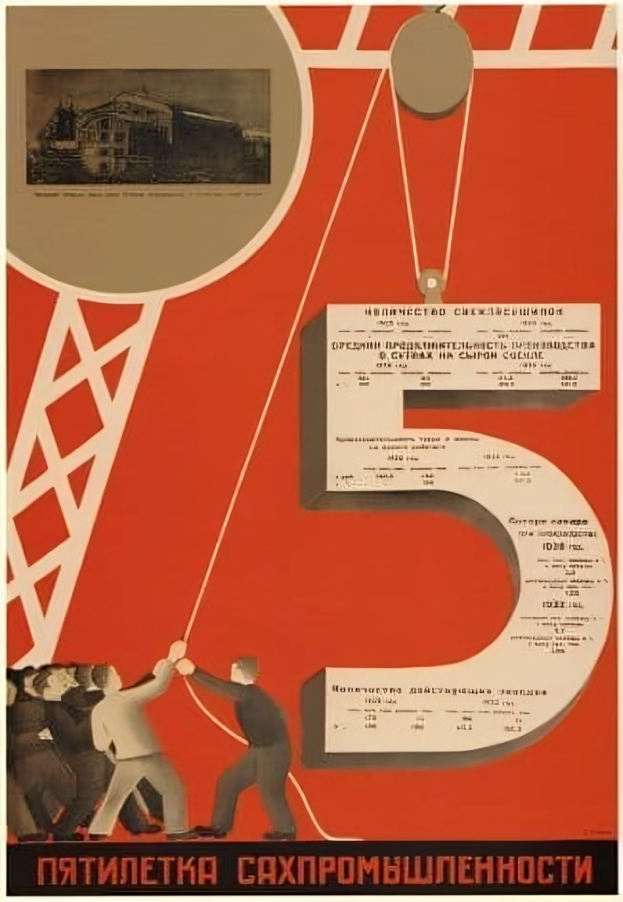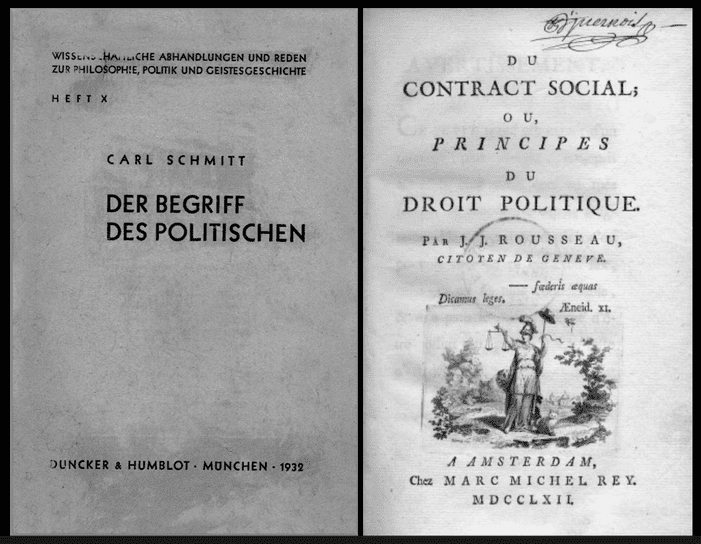Machine Dreams
Event series 2021 -

Machine Dreams is a series of events that explores the role of technology in realizing post-capitalist futures. It begins from the premise that any emancipatory project aspiring to scale must necessarily be technologically mediated, as a strict rejection of abstraction and computation confines progressive movements to the local and immediate.
Far from perishing in technological solutionism, these mediations constitute a necessity and should never be mistaken with a sufficiency: political struggle has to operate around and through them. This series is dedicated to their identification and critical examination, the disclosure of concrete utopias, from cybernetic socialism to crypto-mutualism, that might allow us to reclaim a positive image of the future.
Machine Dreams #1 | Cryptoeconomics and the Decolonization of Money
Conversation with
Jonathan Beller | Max Grünberg
While for most critical observers cryptoeconomic protocols are but forms of rightwing extremism, theoreticians like Jonathan Beller raise the question whether this technology might be salvageable – or indeed emergent – to be put to use for emancipatory projects that aim to go far beyond current extractive monetary logics. Beller understands this possible redesign of what he calls “economic media” as “the decolonization of money,” a process that must break with the absolute reduction of qualities to the quantity of exchange value – and which moves to more inclusive forms of valuation, what he refers to, following Randy Martin, as “social derivatives”. But can the expression of abstract labor be simply redesigned within the capitalist system? We will discuss his insights and provocations in relation to other political trajectories like the abolition of the value-form and past monetary experiments by Proudhon and the Ricardian socialists.
Machine Dreams #2 | Cybernetic Socialism and Its Discontents
Conversation with
Aaron Benanav | Philipp Dapprich
Lately, discourse around economic planning has been revived through the rise of Big Data, Artificial Intelligence, and the logistics of multinational corporations such as Amazon or Walmart. Yet such a technical approach, which understands planning first and foremost as an optimization and forecasting problem expressed in algorithmic and computational terms, is nothing new. It has been around since Leonid Kantorovich’s The Mathematical Method of Production Planning and Organization (1939) and was further developed by Paul Cockshott and Allin Cottrell in Towards a New Socialism (1993). However, many theorists dealing with the question of economic planning who come from within the tradition of council communism (Devine, Albert, Saros) reject these approaches as undemocratic and see in them nothing but a return of a technocracy. Then again, their proposals based on direct interactions and administrative negotiations within councils are regarded as tedious, error-prone, and inflexible by the other camp.
Besides the introduction of the topic to the general audience, the event aims at clearing up misunderstandings and building bridges between the two traditions. We will discuss this inherent conflict between efficiency and participation with Aaron Benanav, who is an economic historian, social theorist, and longtime member of Endnotes, and Philipp Dapprich, who is a co-founder of the political organization Association for the Design of History and recently finished his PhD under Cockshott’s supervision on the further development of his model.
Machine Dreams #3 | Crypto-Mutualism
Conversation with
Kei Kreutler | Billy Rennekamp
After the triumphant marches of monolithic internet platforms over the last decades, crypto picks up the pieces of a shattered early internet utopianism by merging them on distributed ledgers to resurrect the dream of a decentralized web. As Vitalik Buterin, the visionary behind Ethereum, once said: “Whereas most technologies tend to automate workers on the periphery doing menial tasks, blockchains automate away the center. Instead of putting the taxi driver out of a job, blockchain puts Uber out of a job and lets the taxi drivers work with the customer directly.”
Today this spectre of a decentralised future is also discussed under the sequential cipher of web3: a third attempt to get our digital infrastructure right. However, it is also a vision of a tokenized future in which money is woven into the base layer of the protocol. Here, tokens are not only intended to administer the exchange of services like the supply of network resources, but they also open the path to new forms of decentralized governance. Together with Kei Kreutler and Billy Rennekamp we will critically explore the technical feasibility of these network protocols, the resilience of centralizing forces, and questions of political organisation in Decentralized Autonomous Organisations.
Algorithmic Realism
PhD project 2020 -

Supervisors: Mi You, Heinz Bude | Examiners: Aaron Benanav, Cedric Durand
(Anti)Political Games
Research project 2024 -
